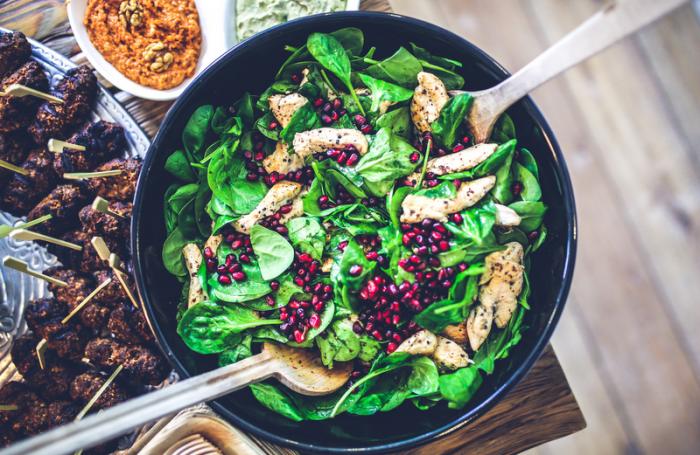Excuse Buster: Unclogging your body’s blocked pipes

PHUKET: “Don’t put paper down the toilet or the pipes will get blocked and it will get messy and costly.” This was one of the first messages from our first landlord upon arrival in Thailand. Not a good situation for the body either – also messy and costly on our health.
So how often should you have a number two?
This is controversial. While the definition of constipation is ‘less than three bowel movements per week’, I think that number is way too low. In my experience, clients who didn’t have a bowel movement each and every day were healthier in general than those who skipped days. I personally see many clients who have a once-a-day or less bowel movement moved to more frequent toilet visits when they cleaned up their diet, and added more movement; many moving to 2-3 healthy stools – think earthy sausages – per day after meals.
Dangers of a toxic buildup
Obviously the stool is waste product, and like garbage, if it’s not removed it can produce toxins related to the fermentation and rotting of our undigested matter. This can lead to an increase in the amount of pathogens, including parasites and harmful bacteria affecting the immune system who thrive in this environment. The end game can result in the creation of a state of disease not only in the colon, but also moving to other organs and systems in the body through the recirculation of toxins from the colon into the blood stream.
Constipation troubleshooting
1. Eat a fat at each meal. Eating fat stimulates intestinal motility (contraction of muscles in the gastrointestinal tract) more than any other factor. “Motility is influenced by the energy content and composition of the meal, but not by its volume or pH. Energy-rich meals with a high fat content increase motility; carbohydrates and proteins have no effect” (R.F. Schmidt, G. Thews. Colonic Motility. Human Physiology, 2nd edition. 29.7:730.).
2. Drink lots of water – this is an obvious one, but see that your urine is clear soon after waking from plenty of re-hydrating – herbal teas like lemongrass and peppermint are great choices for this.
3. Eat plenty of vegetables and some fruits daily – fiber keeps them moving with water and fat. The trifecta of healthy bowels – as said carbohydrates and protein have no effect, high protein diets are often suspects for constipation. Aim for over 30 grams per day of fiber, mostly from vegetables.
4. Move your body daily – start with 30 minutes of walking, yoga, or other light movement, which will help stimulate intestinal activity and relax your body as well, which is the critical next point.
5. Eat in a relaxed state and be as relaxed as possible. When you are stressed, you are in what is called a sympathetic state of ‘fight or flight’. While some people may accidentally pass stool when scared (which is not so healthy) most people clench their gut. The act of being in this state sends blood from your gut to your periphery for action.
6. Before reaching for herbal laxatives such as Senna, try increasing your magnesium intake. An old remedy was milk of magnesia (magnesium hydroxide), which is found at many chemists throughout Phuket.
I make my clients start with a tablespoon of milk of magnesia in 500 mls of soda/carbonated water (not tonic) and drink it throughout the day.
When magnesium hydroxide mixes with carbonated water you make magnesium bicarbonate – a great, inexpensive way to also increase a bio-available magnesium (especially for those doing physical training or are stressed).
It also helps to potentially reduce excess acid in the blood (I use TCO2 to measure acidity in blood).
So keep the pipes flowing and the good times rolling.
Craig Burton is a Certified Sports Nutritionist (CISSN) with a Bachelor of Science degree (Sports Science) and a National Academy of Sports Medicine (PES) certification.
— Craig Burton
Latest Thailand News
Follow The Thaiger on Google News:


























